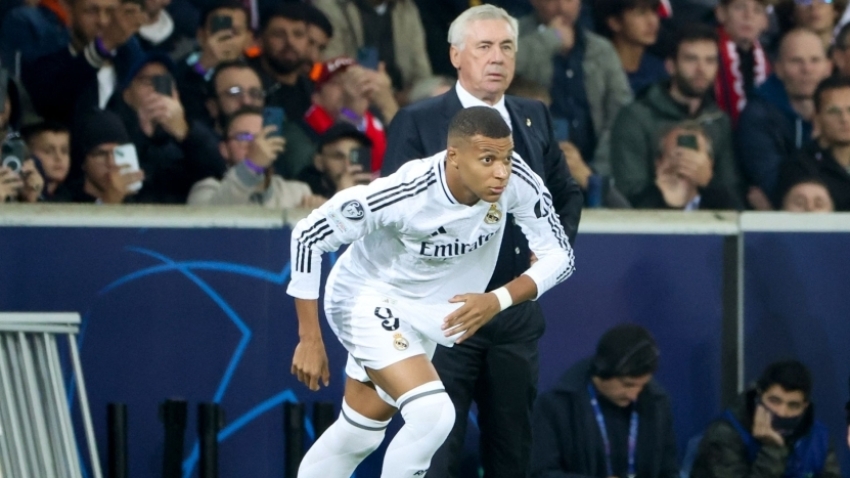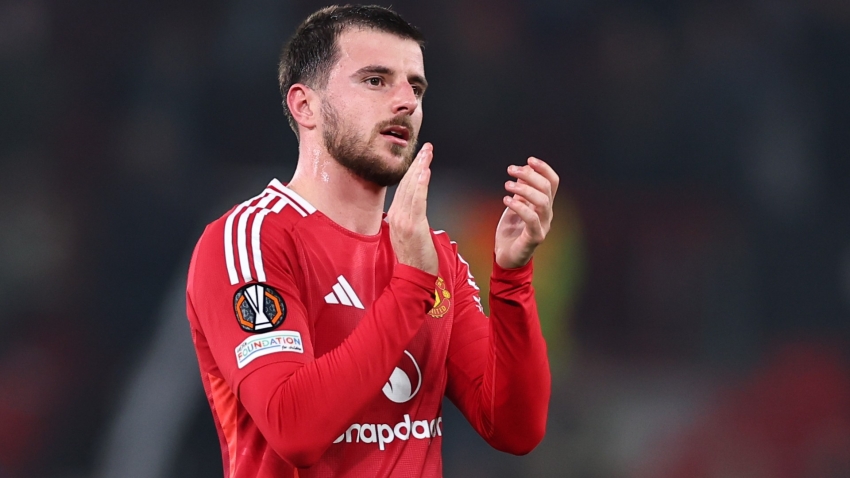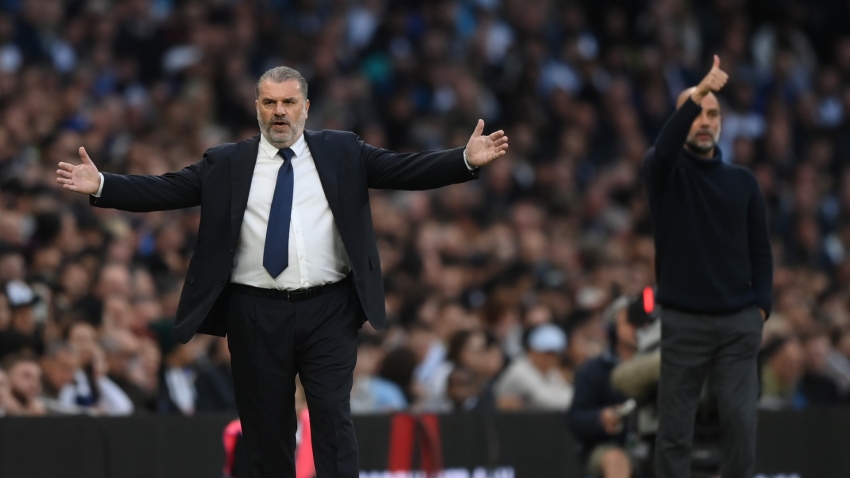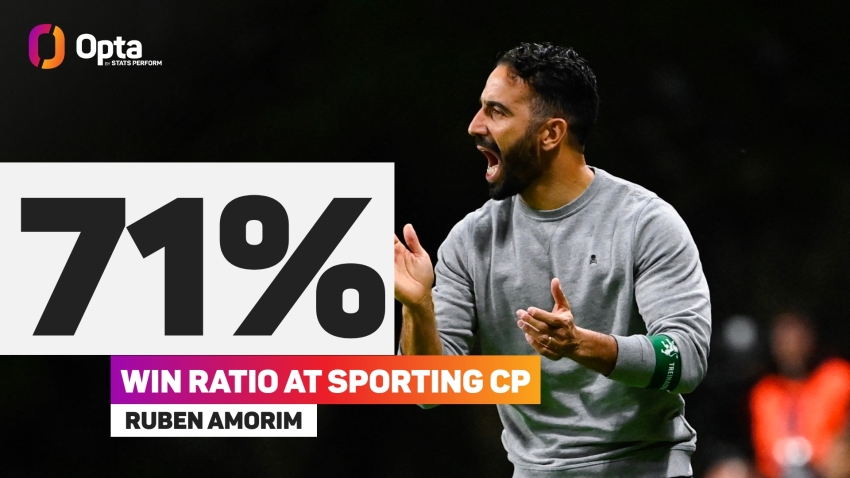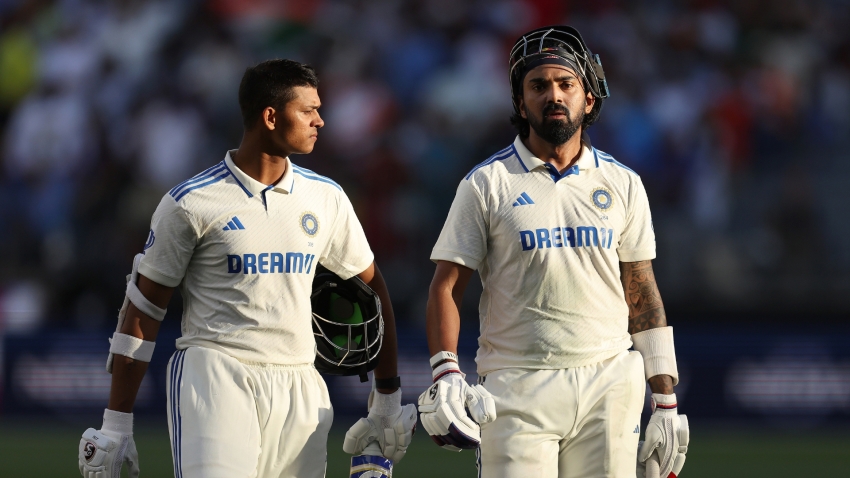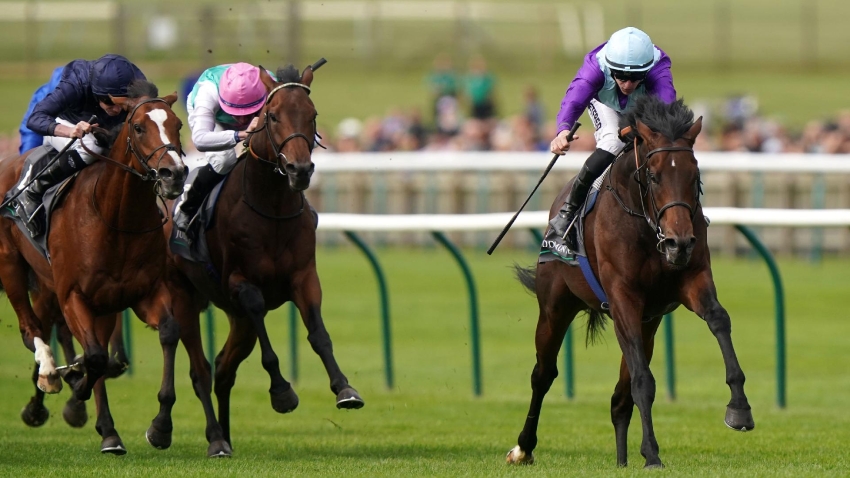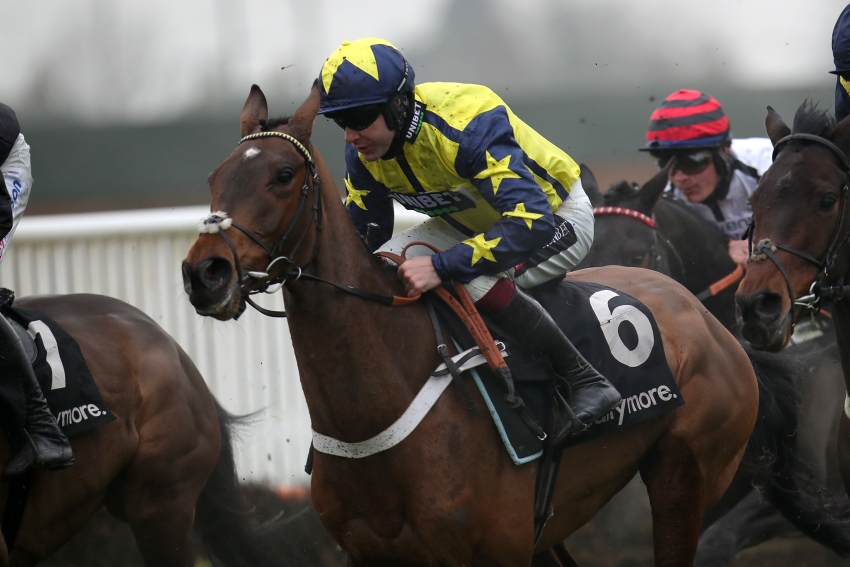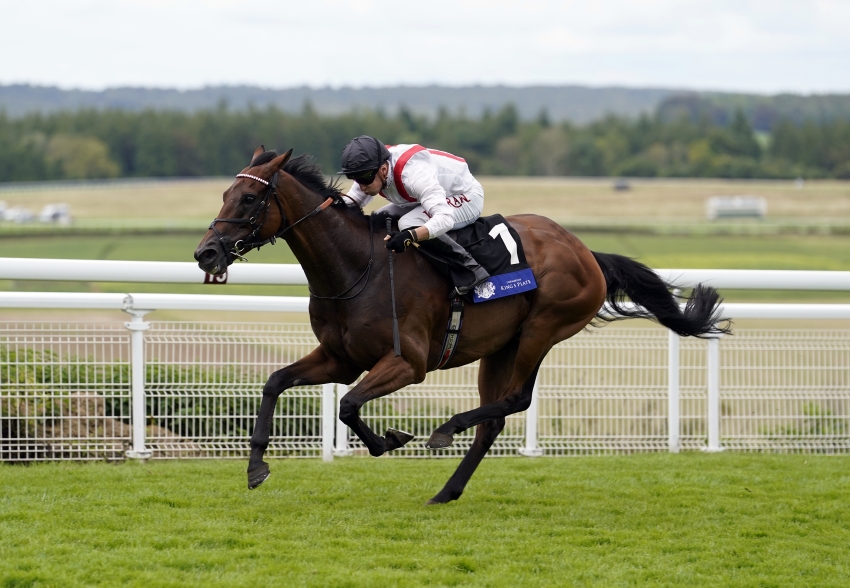The 2024 Randox Grand National has been hailed as a roaring success and there is no doubt Aintree officials will be keen to build on the favourable feedback received.
Here, we take a look at five things we learned from this year’s Liverpool spectacular:
Quality over quantity works
Reducing the number of declared runners from 40 to 34 caused quite a stir and when two more pulled out on the day of the race, a few eyebrows would have been raised. But there was no need to worry.
With 21 completing the course and a whole host of horses being firmly in contention entering the home stretch, there could be no suggestion of restricted numbers diluting the overall experience.
Sir Anthony McCoy said: “It was the most wonderful finish. I’ve never seen so many horses in with a chance of winning the Grand National so late in the race. What an incredible race – just a brilliant spectacle.”
The class of the major players also shone through, with the first four home all rated 155 or higher. I Am Maximus is now being talked of as a future Gold Cup contender, while 2021 blue riband hero Minella Indo was back in third.
Runner-up Delta Work has two Cheltenham cross-country wins on his CV and multiple Grade One victories, while fourth-placed Galvin struck at elite level in the Savills Chase a few years ago after previously claiming the National Hunt Chase at Cheltenham.
Other recent victors such as Corach Rambler (third in this year’s Gold Cup), Noble Yeats and Tiger Roll highlight how much ability is now needed to challenge for top honours in the Grand National.
Trainer and owner limits are not required
The British Horseracing Authority toyed with the idea of restricting each trainer to a maximum of four runners in elite handicaps, but that was swiftly dismissed and in the end it was hardly noticed that Willie Mullins and Gordon Elliott saddled 15 between them.
Some connections who missed out on a place in the starting line-up may cast a disapproving glance at Mullins having 125-1 outsider Janidil pulled up, as were Elliott’s Chemical Energy (50-1), Farouk d’Alene (100-1) and Minella Crooner (125-1).
But no one could say they were filling up slots to keep out more fancied entries, as illustrated by Elliott finishing second with 28-1 shot Delta Work and fourth with Galvin at 40-1.
Leading owner JP McManus was winning the race for the third time and I Am Maximus was one of five to carry his famous green and gold hoops, but no one could have been more thrilled to come out on top.
Flanked by his grandchildren, he told ITV Racing: “I love everything about the race. I love Liverpool, the excitement of coming here, the build-up to the National, it’s just a very, very special place. When you win, it’s a wonderful spectacle.”
Size doesn’t matter when it comes to National fences
Several obstacles are not the famously daunting propositions they once were and the first fence is now closer to the start. But few will be complaining after the race featured no official fallers and no serious injuries.
Of course, the National is now a far-less demanding test but no one misses the days when tired horses would get stuck halfway over mammoth fences, or the even-more gory sight of fallers rolling back into the ditch at Becher’s Brook.
Jockey Club chief executive Nevin Truesdale beamed: “We’re absolutely delighted, the changes have clearly had a very positive impact. I think it was probably the cleanest National I’ve ever seen.
“You’ve got to go back to 1992 to find more finishers, so we’re really pleased. I think the standing start seemed to work and I thought the jockeys were very sensible and it was a very well-ridden race, great credit to all involved. It was a really exciting finish, the National exactly as we want it.”
Clerk of the course Sulekha Varma added: “Everybody is coming up to me saying what a good race to watch it was, it was exciting and there were so many horses still in contention and we had a fabulous winner.”
The Corinthian spirit lives on
It is only two years since Sam Waley-Cohen struck on board Noble Yeats, but it was a long time between drinks for the amateur riders’ brigade, who had enjoyed such great success through Charlie Fenwick on Ben Nevis, Dick Saunders on Grittar and Marcus Armytage on Mr Frisk between 1980 and 1990.
Such is the high standard of jockeyship these days, it will take something special for a non-professional to prevail again, but David Maxwell carried the Corinthian torch admirably in finishing sixth on Ain’t That A Shame.
The millionaire property developer cheekily declared: “That was as much fun as you can have with your trousers on!”
He added: “Crossing the Melling Road I couldn’t believe I was still in touch…I thought ‘bloody hell, I’m going to finish the Grand National’, then I thought ‘I’m going to finish somewhere near the frame’. I’ve never thought it would go like this. It was such a thrill.”
Gina Andrews may be a more accomplished amateur, being crowned champion point-to-point rider 10 times and notching more than 400 winners, but she will have been just as thrilled with the run of Latenightpass, who led two out before fading back to 12th.
Racing should be fun to watch
Aintree attracted just under 60,000 spectators on Saturday and millions more watched the big race on television. Just as the Melbourne Cup is dubbed ‘the race that stops a nation’, the Grand National still has the ability to grip an audience ahead of all other distractions now available.
Nicky Henderson described the action on Merseyside as the “best three days racing you could wish to see anywhere”, and he didn’t even saddle a National runner.
He said: “It was a fabulous Grand National, with lots of horses getting round and everyone safe and sound, which is always paramount…it wants to be celebrated and paraded and everyone saying well done to everyone.”
Dickon White, who runs Aintree as the Jockey Club’s regional director, commented: “The Randox Grand National has a long and storied history and today will be remembered as one of the truly great races.
“Liverpool has once again played its part in making this a fantastic three days, creating a world class atmosphere off the track to match the world-class action on it.”
Ruby Walsh, who won the Grand National twice, summed up this year’s event when stating: “If that doesn’t convince people that this is a wonderful sport then I don’t know what will.”






